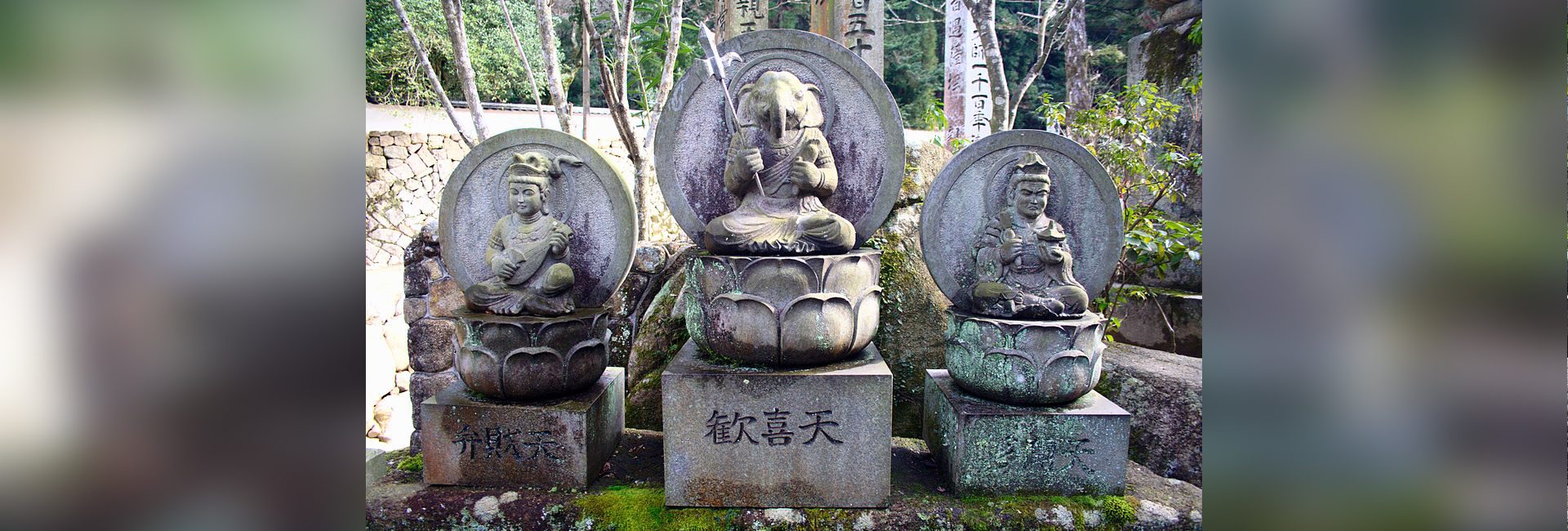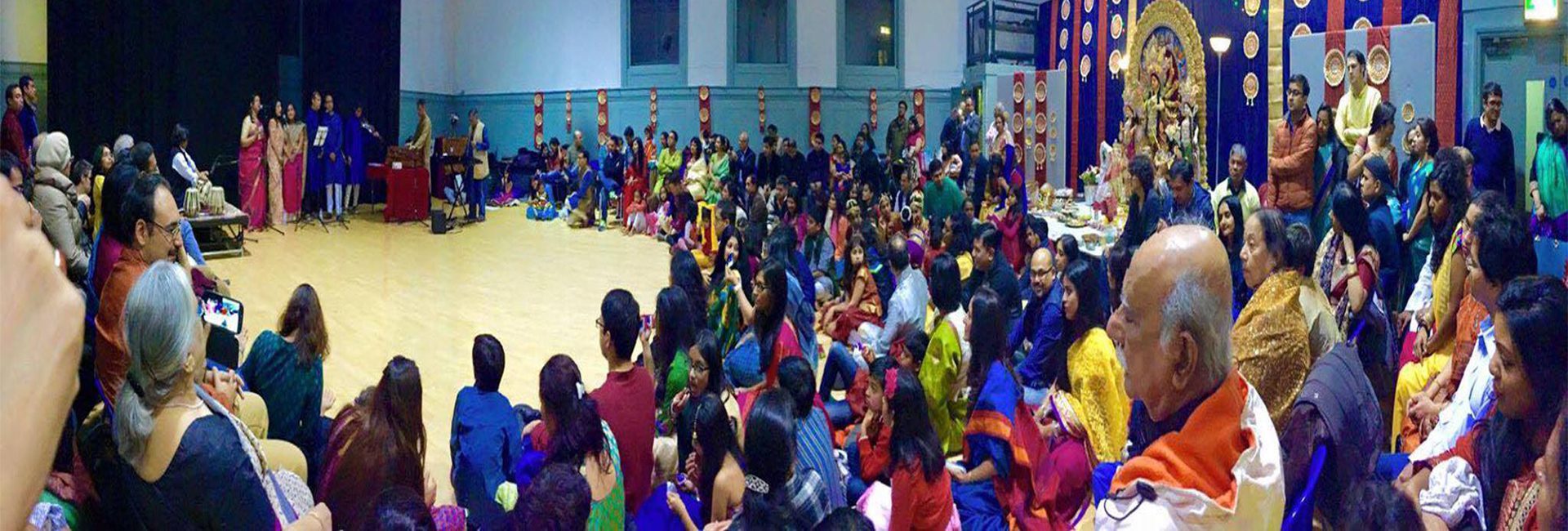(December 25, 2022) Once upon a time, in AD 52, a battered ship – having covered thousands of nautical miles – touched land on a quaint afternoon. A strange place, covered with tall palm trees welcomed those onboard. As the travellers asked around, they were informed that they had landed on the shores of Muciripattanam – one of the busiest port cities located in the Malabar region of Kerala. Brought to the shore in that ship was one of the twelve apostles of Jesus – St Thomas – who not only chose to spend the rest of his life in India but also spread the message of the Messiah to its people. And thus – contrary to many beliefs – Christianity was brought to the shores of India, way before it ever made its way to Europe. Even today, Saint Thomas Christians, also called Syrian Christians of India, are counted among the oldest followers of Christianity in the world.
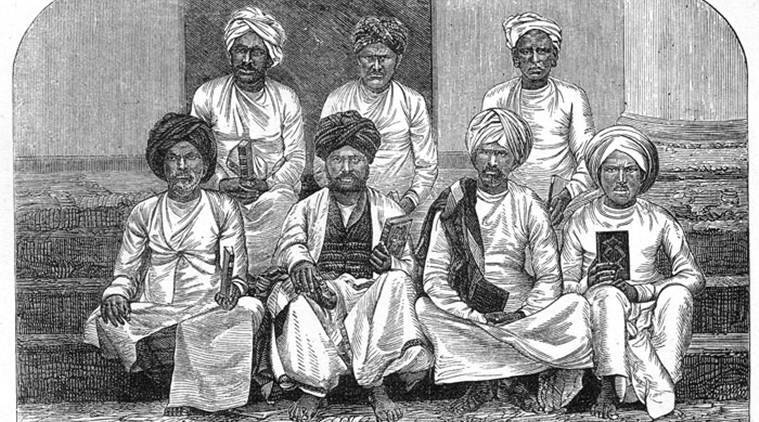
An old image of Syrian Christians from Kerala
With time the community grew and later as several European countries established their colonies in this part of the world, Christianity established itself as one of the major religions in India. Home to some of the most marvellous churches in the world, India has a vibrant Christian community. While the Christians living in the northeastern parts of the country take on the streets singing carols, few of those in the southern parts, fast from December 1 to the midnight mass service on December 24 to commemorate the birth of the saviour – making Christmas one of the most awaited festivals in the country. As the world celebrates the birth of Jesus today, Global Indian explores the roots of Christianity in India. Happy reading, and Merry Christmas!
Travellers from the West
Soon after the crucifixion of Jesus in the 1st-century Judea (approximately AD 30 or AD 33), the eleven apostles decided to take his message to faraway lands and undertook journeys through land and sea. When he was told that he had to travel to India, St Thomas is recorded to have responded with, “I am a Hebrew man; how can I go among the Indians and preach the truth.” This chapter from the early third-century Biblical text, Acts of Thomas, is one of the strongest proofs of the birth of Christianity in India. Despite his initial hesitations, St Thomas crossed the mighty Mediterranean, Red, and Arabian seas, and made his way to the court of Indo-Parthian King Gondophernes. While there are a few who believe that the saint came through Afghanistan, there are no historic shreds of evidence to support the theory.

St Thomas (c. 1611) by Peter Paul Rubens
During his stay in Kerala, St Thomas preached the Gospel to the locals, and travelled to various cities and villages, now part of the southern states of Kerala and Tamil Nadu, inspiring people to join the church. During these travels, St Thomas is believed to have established seven churches at Kodungallur, Palayoor, Kottakkavu, Kokkamangalam, Nilackal, Kollam, and Thiruvithamcode. There are several families in these parts of the country, who trace their origins almost as far as the establishment of these churches. Interestingly, however, although their faith was born in the far west, the traditions that these families follow are quite similar to that of the local Indian communities, and so is their food.
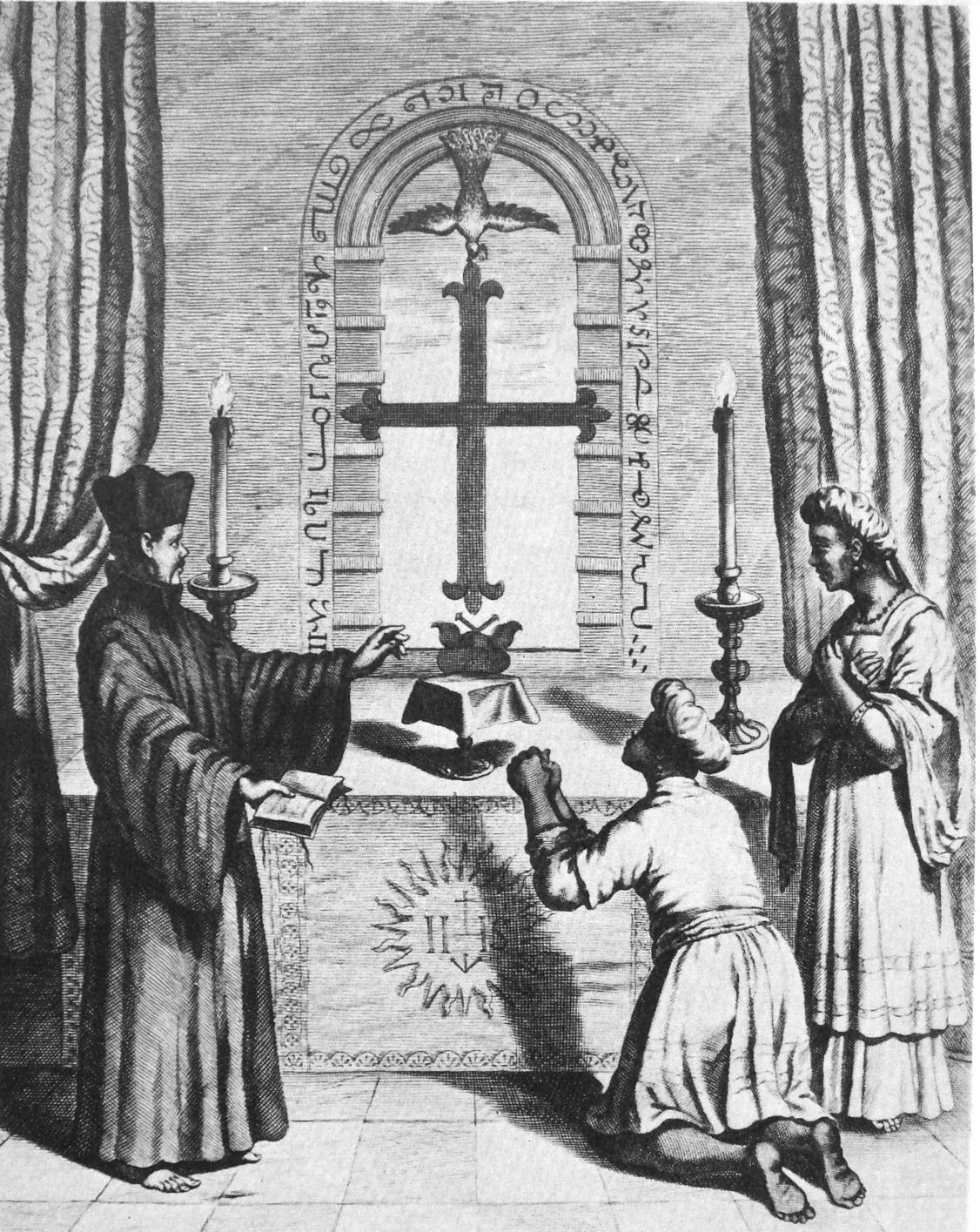
Shrine of Saint Thomas in Mylapore, 18th-century print
In AD 72, two decades after he arrived in India, the saint was martyred near Chennai, and his body was interred in Mylapore. Eventually, his relics were taken to Edessa, Greece. The famous St. Thomas Cathedral Basilica in Chennai, which stands on the site of his martyrdom, was first built by the Portuguese in the 16th century, and later rebuilt in the 19th century by the British.
The Anglo-Indians
The arrival of various Europeans in the country, who became permanent residents, resulted in the inception of a new community in India – Anglo-Indians. While the term itself was in a state of flux for a major part of history, in the Government of India Act of 1935, an Anglo-Indian was formally identified as “a person whose father or any of whose other male progenitors is or was of European descent, but who is a native of India.” Mostly located in the urban parts of the country, the traditions and rituals of these families are quite similar to those followed by the Europeans.

British Raj era Anglo-Indian mother and daughter
The earliest known Anglo-India families trace their roots back to the arrival of Portuguese navigator Vasco da Gama in 1498. As the Portuguese sailors conquered the city of Goa, Governor Alfonso de Albuquerque encouraged his men to marry the local women to help establish their colony on the Indian coast. Initially called Luso-Indians, the offspring of these naval officers moved from Goa to various parts of the nation taking their traditions where ever they went. Interestingly though, the British Raj contributed heavily to the flourishing of this community- especially their mouth-watering cuisine. Evolved over centuries as a result of assimilating and amalgamating ingredients and cooking techniques from all over the Indian subcontinent and Europe, the Anglo-Indian cuisine encompassed the rustic and robust flavours in the dishes.
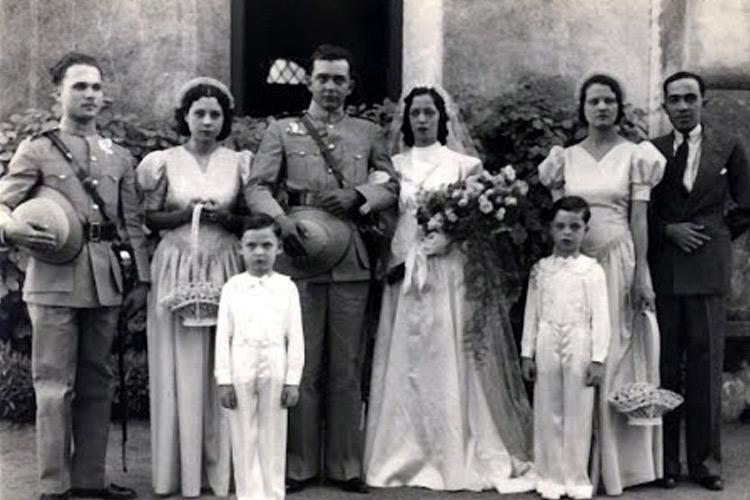
An Anglo-Indian family
Over the years, many Anglo-Indians have migrated to the United Kingdom, Australia, Canada, the United States, and New Zealand where they form part of the Indian diaspora. However, India is still home to over 1.5 lakh Anglo-Indians, who are mostly settled in Mumbai, Delhi, Hyderabad, Kolar Gold Fields, and Chennai.

